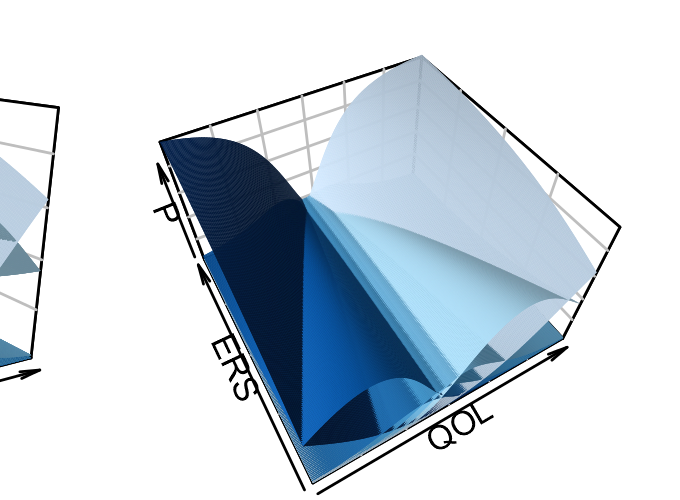In this line of research, we seek to develop and evaluate model-based approaches for addressing atypical responses that may occur for some individuals. These atypical responses can undermine the quality of research data and resulting conclusions, as well as decisions for particular test-takers. Such atypical responses may take multiple forms and have multiple different underlying causes.
Questionnaires that make use of Likert-type items (e.g., rate your agreement to a statement on a scale from 1 – Disagree to 7 – Agree) are ubiquitous throughout the social sciences. Such items may be used for assessing personality, emotions, child temperament, patient reported/health outcomes, and so on. The use of such self-report items, while very convenient, is fraught with potential problems. One problem is known as response styles, which are characterized by a tendency to agree to items (acquiescence), use mostly the endpoints of the scale (1 and 7; extreme response style) or the midpoint of the scale (4; midpoint response style), or respond to items in a socially desirable way. Response styles are thought to vary depending on age, education, cultural background, and so on. Recent years have seen an explosion in the number of model-based approaches for the assessment of response styles. Yet additional model features remain to be developed, and little is known about the relative utility and performance of various models.
Additional aberrant responding may occur in the context of questionnaire-based research as well as other test-taking situations. Participants in research studies may not take the questionnaire seriously or complete items carefully. Students or licensure examinees test-takers may be motivated to cheat. And prospective employees may wish to appear desirable and competent to prospective employers. Filtering out noise to measure the construct(s) of interest remains challenging. In some cases, such research overlaps with the broader research on model-based assessment of person fit, machine learning to classify aberrant responders, or robust estimation when such aberrant responses are detected. Identification of such individuals or particular aberrant responses, and how to appropriately handle such responses remains a pressing issue.
